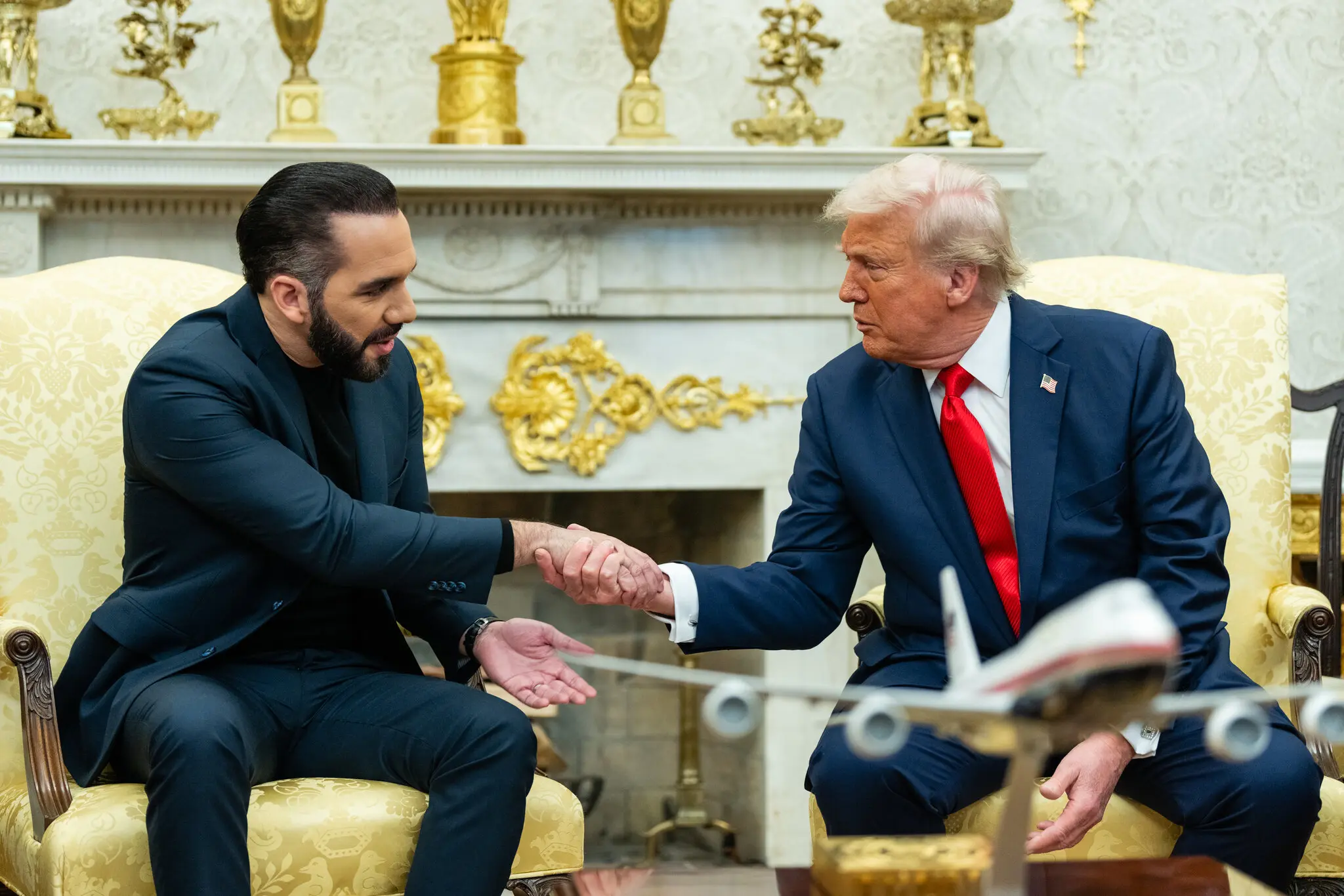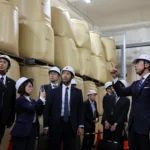A federal judge on Long Island chided the Justice Department on Wednesday for trying to “avoid public scrutiny” of its attempts to drop criminal charges against a high-ranking member of the violent street gang MS-13 and quickly deport him to El Salvador, his homeland.
In April, federal prosecutors had asked the judge, Joan M. Azrack, to allow them to dismiss the charges against the MS-13 leader, Vladimir Arévalo Chávez, under seal and to keep the entire matter secret until he was returned to El Salvador.
The Justice Department is seeking to deport Mr. Arévalo in the wake of a deal that President Trump reached with Nayib Bukele, the Salvadoran president, who had agreed to use his country’s prisons to house hundreds of immigrants that Trump officials were looking to expel from the United States.
The United States not only agreed to pay millions of dollars to El Salvador to help Mr. Trump carry out his deportation agenda, but also added an important sweetener at Mr. Bukele’s request: the return of key MS-13 leaders, like Mr. Arévalo, who were in American custody.
Judge Azrack ultimately rejected the government’s request to keep the effort to dismiss Mr. Arévalo’s case secret, and unsealed the paperwork in May. In a 29-page opinion issued on Wednesday, she explained why she had revealed the behind-the-scenes move. While the Justice Department had publicly celebrated its charges against some MS-13 leaders as “swift American justice,” she said, it was also throwing out the case against Mr. Arévalo.
“The government appears to be making inconsistent representations,” she wrote, “and the public has a right to know about this motion before its resolution.”
While officials from both countries have claimed that the gang leaders were being sent back to face justice in El Salvador, the Trump administration has never acknowledged another reason that Mr. Bukele might want them back: U.S. federal prosecutors have, over several years, amassed substantial evidence of a corrupt pact between the Salvadoran government and some high-ranking leaders in MS-13, an investigation by The New York Times last month found.
Judge Azrack, who is handling the cases of several of those leaders, who were charged by federal prosecutors in Long Island, did not weigh in on the propriety of the deal or issue a final decision on whether the prosecutors who built the case against Mr. Arévalo could now throw it out.
In her written opinion, she simply said it would be inappropriate to keep the public in the dark about the government’s plans to dismiss Mr. Arévalo’s case and then deport him.
A spokesman for the U.S. Attorney’s Office for the Eastern District of New York, which brought the MS-13 cases, declined to comment on Judge Azrack’s ruling.
Mr. Bukele has asked the U.S. government for the return of more MS-13 leaders. It is unclear who the United States has agreed to return, but in her opinion, Judge Azrack focused on two high-ranking leaders, Mr. Arévalo and César López Larios.
In March, Mr. López was put on a plane to El Salvador with scores of other migrants and was flown to a maximum-security prison. He had been in U.S. custody for less than a year and was awaiting trial on Long Island on narco-terrorism conspiracy charges.
Prosecutors working with a group known as Joint Task Force Vulcan approached Judge Azrack to dismiss the case against Mr. López just days before he was deported. She agreed to throw the charges out and unseal the proceedings only if he had been expelled from the United States.



